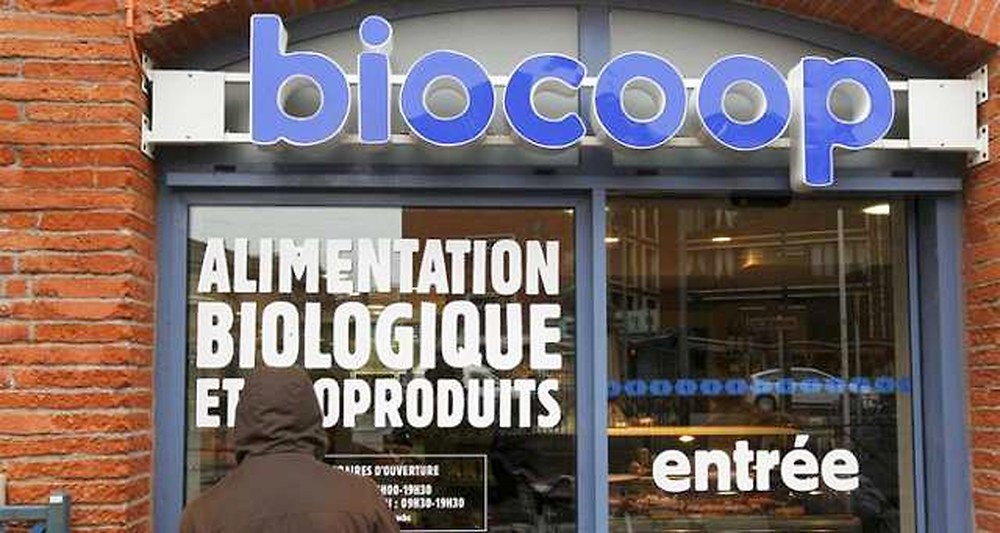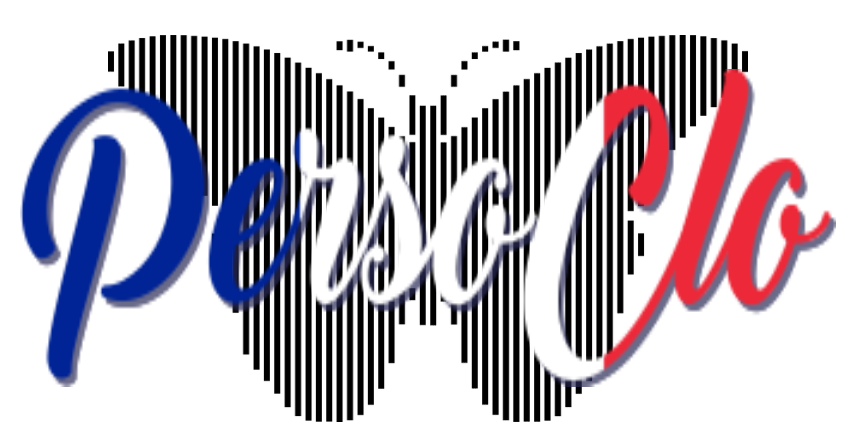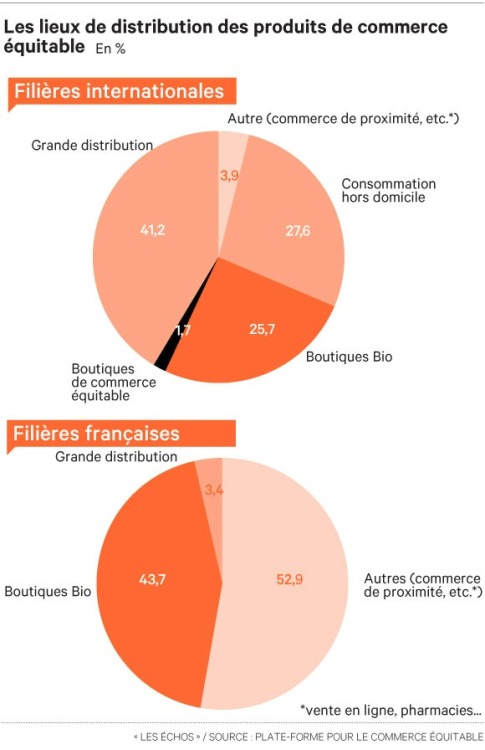
Fair trade driven by the rise of “Made in France”

Consumption of fair-trade products “made in France” increased by 155% last year. – 20 MINUTES / SIPA /
The market overall rose by 42.8% in 2016 to 948 million euros, boosted by the rise of French channels up 155% to 275 million.
In France, the consumption of fair trade products continues its irresistible rise with a growth of 42.8% in 2016 to 948 million euros, notes the Platform for Fair Trade which published Wednesday its key figures For 2016.
While the French market has more than doubled in four years (+ 121% between 2013 and 2016), the increase recorded last year was characterized by the rise in the number of French channels: 155% to 275 million euros, While the growth of international channels – older and linked to developing countries – showed a more moderate but nevertheless double-digit increase of 21% to 673 million euros.
As a sign of the enthusiasm of French consumers to consume responsible, the average basket per inhabitant – it consists of 95% of food products – has more than doubled in five years, from 5.9 euros in 2012 to more than 14.1 euros In 2016.
The rise of networks of organic specialist stores
Another lesson from this focus is that ethical but non-organic positioning is no longer sufficient. As a result, the consumption of products benefiting from a dual “organic” (or ecological) and “equitable” label continues to grow for international channels (1); In five years their share increased from 63% to 74%. Different situation in France where the fair trade sector is in full structuration. “A part of the actors (Bio-Partners, Biocoop, Ethiquable) is also positioned on organic farming, while another (Agri-ethics) is not yet,” note the authors (2).
Finally, there is a “marked difference” between the international and the French channels in terms of distribution channels. (41.8%) of the large and medium-sized (GMS) channels, while those of the second (see below) are mainly (52.8%). In the local shops, notably bakeries with Agri-Ethique wheat & flour, and organic distribution networks (43.7%), but very little in GMS (3.4%).
Distribution of fair trade products: “marked difference” between international and French channels. The large distribution area for the first, the bios shop for the second.
Thus, a quarter of the Biocoop network’s sales come from the sale of fair-trade products (international and French).
Jean-Michel Gradt
(1) WFTO certified sales area, Max Havelaar France, Ecocert Equitable, SPP, ATES and Biopartenaire. (2) Sales of Ecocert Solidaire and Biopartenaire certified products as well as sales of the “Solidarity from producer to consumer” brands (BIOCOOP) “Peasants of Here” (ETHIQUABLE) and Agri-Ethics.
@ ogrady99
Learn more about https://www.lesechos.fr/industrie-services/conso-distribution/030351600405-distribution-le-commerce-equitable-tire-par-lessor-du-made-in-france-2089323.php# CoY1iqksQ6yBmJe0.99

